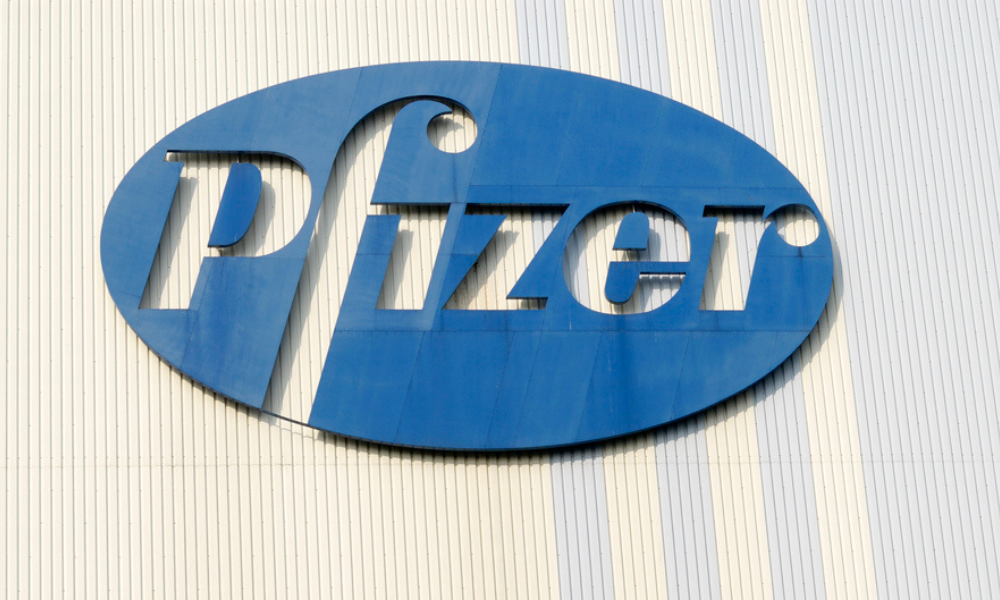McMaster University leads research to improve home care and reduce hospital visits for myeloma patients

Pfizer has announced its support for a McMaster University-led study aimed at enhancing care for Canadians with multiple myeloma.
The EMBRACE study, led by Hira Mian from McMaster University and Hamilton Health Sciences, focuses on treating adult patients with relapsed or refractory multiple myeloma (RRMM) at home, aiming to improve patient care and reduce healthcare system pressure.
“Multiple myeloma is a blood cancer causing significant morbidity and mortality. Certain therapies, especially newer modalities like bispecific antibodies, require hospital admission for initial treatment,” explains Mian.
“Our study will evaluate whether treatment can be delivered safely at home, using remote patient monitoring. This technology allows close monitoring of patients’ vitals from a distance, reducing travel and hospital time, improving quality of life, and decreasing strain on the healthcare system. Additionally, the study will examine how increasing the treatment dosing interval may help decrease infection risks.”
The EMBRACE study will begin in July 2024 at five Canadian sites: Ottawa Hospital, Cross Cancer Institute in Edmonton, Arnie Charbonneau Cancer Institute in Calgary, BC Cancer Vancouver, and Hamilton Health Sciences.
Correlative laboratory studies will be conducted in Calgary by co-investigator Dr. Nizar Bahlis.
Multiple myeloma is the second-most common blood cancer, with approximately 11 Canadians diagnosed daily. In 2023, an estimated 3,900 Canadians were diagnosed with multiple myeloma, and 1,700 Canadians died from the disease.
“Multiple myeloma is a disease of high unmet need as patients often relapse and become refractory to successive and limited therapies,” said Andrew Brown, Medical Affairs lead, Oncology at Pfizer Canada.
“We are committed to supporting patients and the multiple myeloma community, which is why we are partnering with McMaster University, Dr. Mian, Dr. Bahlis, and all site investigators to advance research and understanding in this space.”
Vic Fedeli, Ontario minister of Economic Development, Job Creation and Trade, stated, “On behalf of the Government of Ontario, we congratulate Pfizer on their new partnership with McMaster University. Ontario’s life sciences sector and R&D ecosystem continue to produce cutting-edge solutions and discoveries that improve and save lives.
“We thank Pfizer, McMaster, and the EMBRACE study team for their work to improve the lives of those living with multiple myeloma and for representing the best of Ontario’s talent and innovation to the world,” he continued.
Multiple myeloma involves abnormal behaviour and uncontrolled growth of plasma cells, crowding out other blood cells, leading to anemia, increased infection risk, and bleeding. Symptoms include frequent infections, fatigue, numbness, low blood cell counts, and bone problems like pain or fractures.
Relapses are nearly inevitable, and many patients become resistant to treatments, resulting in relapsed and refractory multiple myeloma. There is no cure, and most patients undergo multiple therapy lines due to relapse.



